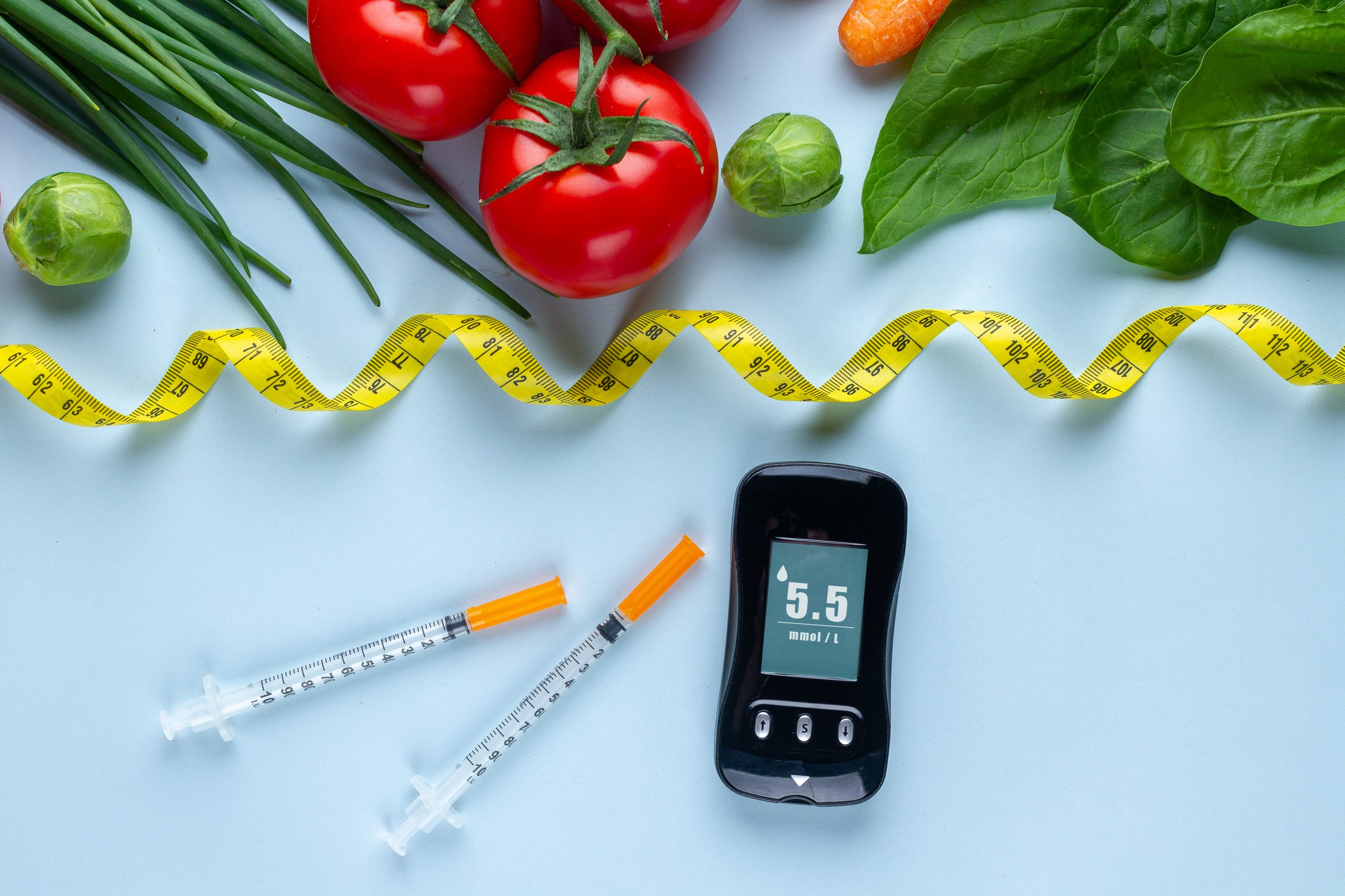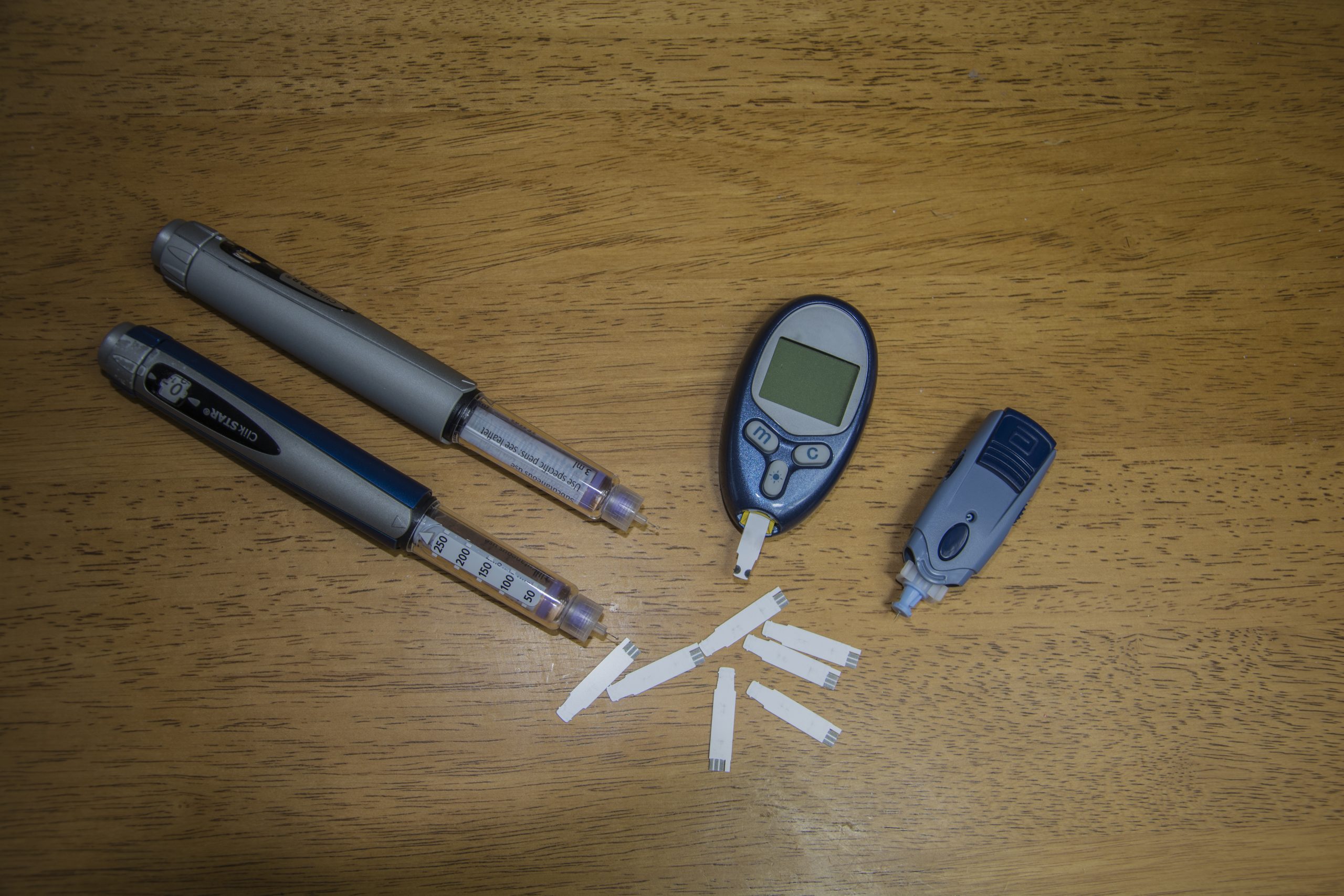Proper nutrition is crucial for managing diabetes and maintaining overall health. Healthy meal planning plays a key role in helping individuals with diabetes regulate blood sugar levels, control weight, and prevent complications. By making mindful food choices and following a well-balanced meal plan, diabetics can optimize their health and well-being. In this article, we’ll explore some tips for healthy meal planning specifically tailored to individuals with diabetes.
- Emphasize Whole, Unprocessed Foods
A cornerstone of healthy meal planning for diabetics is prioritizing whole, unprocessed foods. These foods are rich in fiber, vitamins, minerals, and other essential nutrients. Opt for fresh fruits and vegetables, whole grains, lean proteins, and healthy fats. Avoid or limit processed and refined foods, which can cause blood sugar spikes and disrupt glycemic control.
- Include High-Fiber Foods
Fiber plays a crucial role in managing blood sugar levels and promoting overall digestive health. Include fiber-rich foods in your meals to help stabilize blood sugar levels and maintain satiety. Examples of high-fiber foods include whole grains, legumes, fruits, vegetables, and nuts. Aim for at least 25 to 30 grams of fiber per day.
- Practice Portion Control
Controlling portion sizes is essential for managing diabetes and maintaining a healthy weight. It helps regulate blood sugar levels and prevents overeating. Use measuring cups, a food scale, or visual cues to portion your meals properly. A general guideline is to fill half of your plate with non-starchy vegetables, one-fourth with lean protein, and one-fourth with whole grains or starchy vegetables.
- Be Mindful of Carbohydrate Intake
Carbohydrates have the most significant impact on blood sugar levels. For diabetics, it’s crucial to monitor and control carbohydrate intake. Choose complex carbohydrates that are digested more slowly and have a lower glycemic index. These include whole grains, legumes, vegetables, and fruits. Limit or avoid refined carbohydrates and sugary foods, as they can cause blood sugar spikes.
- Prioritize Lean Proteins
Incorporate lean proteins into your meals to promote satiety and help stabilize blood sugar levels. Good sources of lean proteins include skinless poultry, fish, lean cuts of beef or pork, tofu, beans, and lentils. Limit consumption of high-fat meats and opt for healthier cooking methods like grilling, baking, or broiling.
- Include Heart-Healthy Fats
Healthy fats are an essential part of a balanced diet for diabetics. They help regulate blood sugar levels and promote heart health. Incorporate heart-healthy fats into your meals, such as avocados, nuts, seeds, olive oil, and fatty fish like salmon or sardines. Limit saturated fats and avoid trans fats, which can increase the risk of heart disease.
- Monitor Sodium Intake
Managing sodium intake is important for individuals with diabetes, as high blood pressure and cardiovascular disease are common comorbidities. Limit processed and packaged foods that are often high in sodium. Instead, use herbs, spices, and other seasonings to add flavor to your meals. Opt for fresh or frozen produce, and choose low-sodium options when available.
- Stay Hydrated
Adequate hydration is essential for overall health, including managing blood sugar levels. Choose water as your primary beverage and limit or avoid sugary drinks, including fruit juices and soda. Carry a reusable water bottle with you and drink water throughout the day to stay hydrated.
In conclusion, healthy meal planning is vital for individuals with diabetes to maintain optimal blood sugar control and overall health. Prioritize whole





